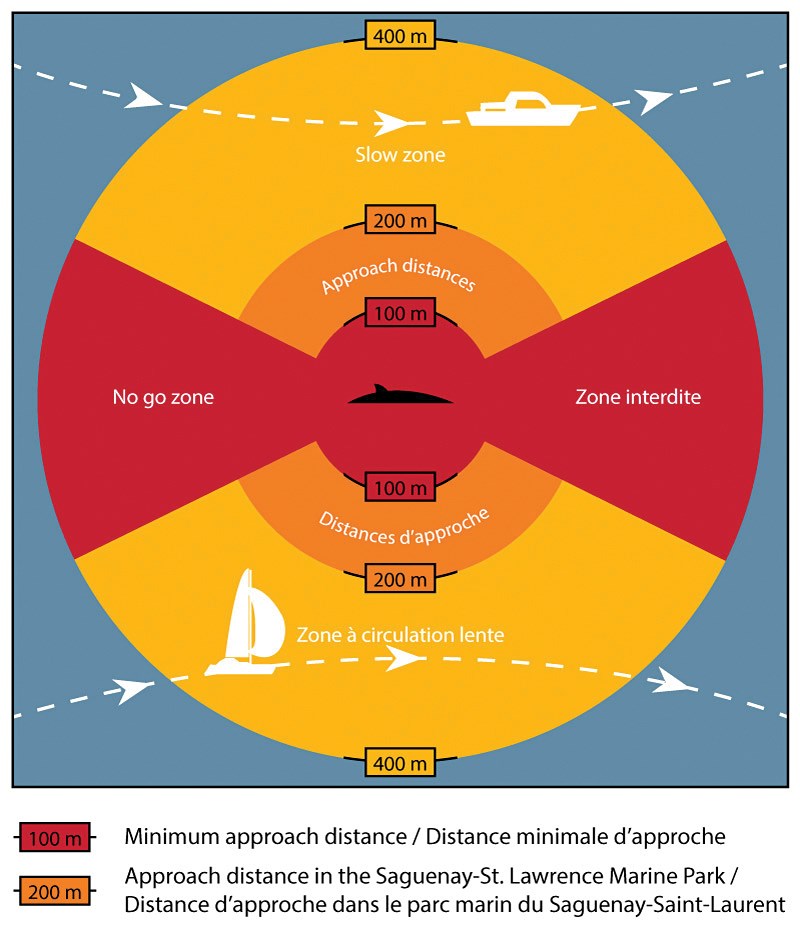An increase in orca sightings around the Sunshine Coast has the Department of Fisheries and Oceans (DFO) reminding boaters to take care around marine mammals and encouraging people to call in when they spot whales, especially if they appear to be in distress.
Paul Cottrell, a marine mammal coordinator for DFO Pacific Region, said DFO got one of those calls last Sunday evening. Cottrell said some boaters in Agamemnon Channel called DFO’s Observe Record Report line (1-800-465-4336) around 6 p.m. May 21, to report an orca entangled in two prawn traps.
A team was on its way to help when the whale apparently freed itself from the trap lines and floats and moved on. Cottrell said it was a lone male, and likely part of the transient population that’s been appearing in Sunshine Coast waters frequently in recent years.
Cottrell said timely calls about marine mammal activity are vital to helping DFO monitor and protect the animals. He also said sightings tend to increase at this time of year because there are more boaters and anglers out on the water, and spring and summer typically see more orcas from the Southern and Northern Resident population move into Georgia Strait looking for food.
Orcas have been seen recently in Pender Harbour, Sechelt Inlet, the Strait, and Howe Sound. “There’s a lot of eyes and ears out there and the more we know, it really helps,” Cottrell said.
Cottrell also said an incident in Steveston, where a sea lion, apparently conditioned to being fed by people, jumped at a girl on the dock and pulled her into the water by her dress, is a prime example of the dangers of feeding marine mammals – for both people and the animals.
According to Cottrell, fish gutting tables at marinas are often a problem spot.
“It’s an issue, and it has been for a while, at [fish] cleaning stations where people will actively feed these animals and then they can become habituated over time,” he said. “Powell River right now has an issue with a sea lion. It’s something that we’re monitoring and we’ve shut down the cleaning table there because of this aggressive California sea lion.”
DFO is also reminding boaters to follow the Be Whale Wise guidelines, which include “go slow if you see a blow,” never approach from directly in front or behind, and keep a distance of at least 100 metres (see graphic). Cottrell said most regular boaters are aware of the guidelines and people should call the Observe Record Report line if they see boats getting too close to marine mammals.
Sunshine Coasters saw an example of the potential for deadly collisions last December when the carcass of J-34, a Southern Resident orca, was found in Trail Bay and brought ashore at Selma Park for examination.
Cottrell said DFO scientists recently got the results of tests on samples taken as part of the necropsy, and they’ve helped confirm the belief that J-34 died as a result of blunt force trauma that could have been caused by collision with a boat.



